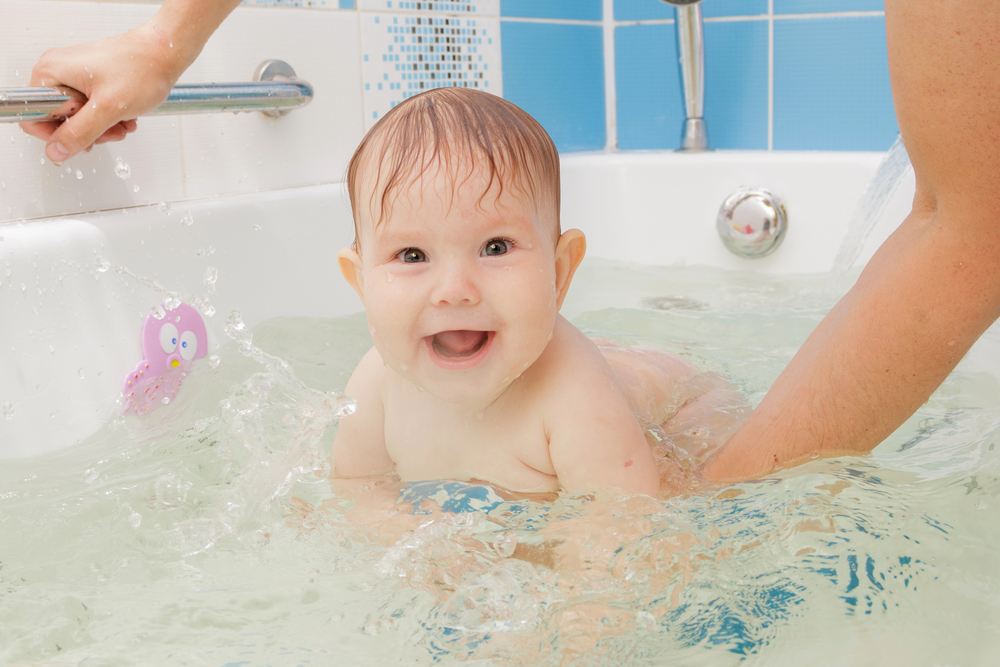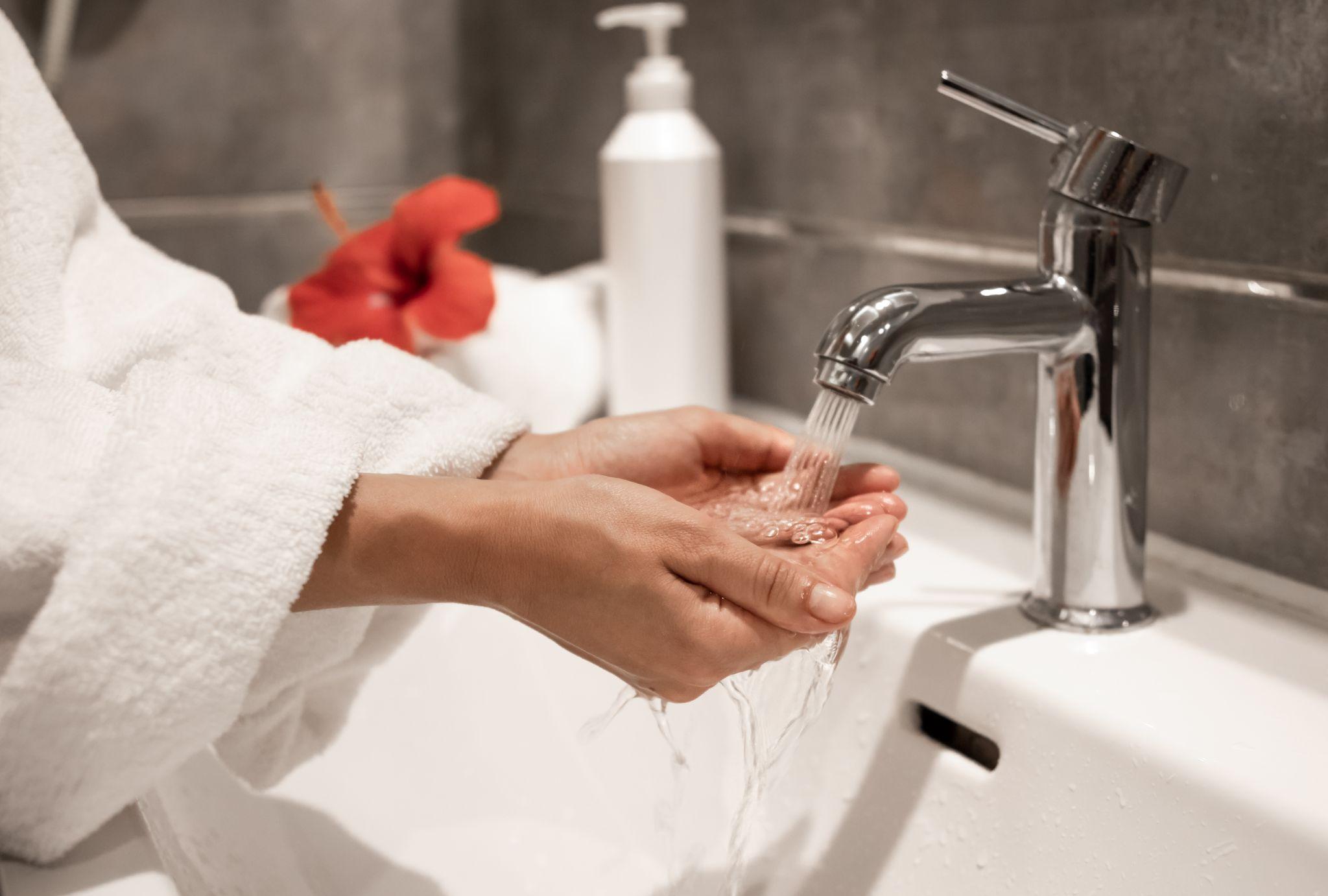Water: the source of life and a necessity for every living organism. For human beings, it plays many essential roles, and as far as our skin is concerned, this importance cannot be overstressed. Adequate water consumption keeps our skin hydrated and maintains its elasticity. But in recent years, questions have been raised about the impact of the water we use externally, particularly tap water, on our skin health.
Skincare experts and dermatologists often discuss how the characteristics of the water we apply directly to our skin might lead to certain issues, such as dryness and irritation, and even conditions like acne and eczema. Clean water, on the other hand, has been suggested as a potential mitigating solution.
In this comprehensive review, we will delve into the intricacies of tap water and explore how switching to cleaner water sources could improve our skin health.
Understanding Tap Water Composition
Tap water is a cocktail of several components, the type and quantity of which can vary significantly. While it is primarily composed of water molecules (H2O), it also contains several other chemicals and mineral traces.
Chlorine is a common chemical found in most tap water, primarily added by water treatment plants to kill bacteria and other microbes that cause diseases. Fluoride, another commonly added substance, is included to improve oral health and prevent tooth decay. When we drink tap water, these substances typically do not harm us. However, when we expose our skin to chlorine and fluoride, it can sometimes react negatively.
Additionally, water hardness is an important water quality parameter that can influence our skin’s health. Hard water contains high concentrations of minerals like calcium and magnesium, causing it to interact differently with soap and other cleaning agents.
On the other hand, soft water contains fewer of these minerals. When we rinse our skin with hard water, it may leave a film of minerals that could interfere with the skin’s natural barriers and functions.
Our tap water could also contain traces of other minerals and metals like iron, aluminium, zinc, and even copper. These can come from natural sources, due to the erosion of the natural deposits in our environment, or they might be the result of our infrastructure, leaching from the pipes that transport our water.
The Effects of Tap Water on Skin Health
With an understanding of the common components in tap water, a vital question needing answering is: how do these elements impact our skin? The minerals and chemicals present in tap water, especially in hard water, can sometimes irritate the skin, causing redness, dryness, and even inflammation.
For instance, calcium, commonly found in hard water, can react with soap, forming a precipitate that can lead to dry skin and itchiness. Magnesium, another common mineral in hard water, is linked to altering the skin’s barrier function and inducing inflammation.
Furthermore, our skin has a protective layer known as the acid mantle, which maintains a slightly acidic pH. This acidity helps keep harmful bacteria and other microorganisms at bay and facilitates healthy skin functions. Unfortunately, most tap water sources have a higher, more alkaline pH, meaning it can disrupt the skin’s acid mantle and leave it vulnerable to bacterial infections and dryness.
Leading dermatologists and skin care experts often advise that exposing our skin repeatedly to potentially harsh tap water could compromise its health and function. Although this might seem daunting, being aware of this can empower us to find solutions to reduce potential harm.
Signs Your Skin May Be Affected by Tap Water
Even though exposure to hard tap water affects all of us, it does not mean we will all exhibit visible signs. However, here are some prevalent symptoms to watch out for: if you observe that your skin is regularly dry, tight, or irritated, it might be a sign that the minerals and chemicals in tap water are not sitting well with your skin.
Additionally, continuous exposure to harsh tap water can cause or exacerbate conditions like eczema or psoriasis, especially in areas where the water is exceptionally hard. Interestingly, personal accounts from people who have suffered skin issues potentially tied to water quality, such as why some people in Newcastle filter their water, suggest that you might experience fewer skin issues when using cleaner water sources.

Benefits of Using Clean Water for Your Skin
Now, if tap water presents potential harm to our skin, what benefits can clean water bring? Essentially, clean water refers to water that has been treated to remove most impurities, harmful chemicals, and excess minerals. This can be achieved through distillation or filtration processes.
Clean water helps maintain our skin’s natural pH levels, which is crucial for the optimal functioning of our skin’s acid mantle. This not only reduces the risk of dryness and infection but also keeps the skin healthy and vibrant.
Another advantage of clean water is its capacity to enhance skin hydration, leading to improved skin texture. When you switch to cleaner skin water, such as filtered water, you might notice that your skin irritation reduces over time. Similarly, there might be improvements in the texture of your skin, potentially becoming smoother and more supple.
How to Transition to Cleaner Water Solutions
The idea of switching to cleaner water might be appealing, but where can you start? The first step involves identifying if tap water is the real culprit behind your skin problems. You can achieve this by observing how your skin responds when you change your water source, or getting your water tested by your local provider or independent water testing services, which can give you insights into any potential harmful substances.
Moreover, investing in a water filtration system could be an excellent move to ensure clean water flows through your faucets. It not only removes excess minerals that harden water but also reduces the concentration of other potentially harmful chemicals. A growing range of products is now available on the market, with varying price points and filtration levels to suit different needs and budgets.
As part of your transition to cleaner water, consider revising your skincare regimen. Look for skincare products designed to counteract the effects of hard water, often formulated with hydrating and soothing ingredients. Additionally, consider swapping foaming cleansers, which might react unfavorably with hard water, leading to dryness, for gentler alternatives like oil-based or cream-based cleansers.
Protect Your Skin: Make Smart Water Choices Today
To wrap up, while tap water is crucial to our daily needs, its potential impacts on the skin, particularly when it’s hard, should not be overlooked. The solution to such skin problems could simply be switching to cleaner water, which requires making informed choices about household water sources, choosing the right filtration systems, and using appropriate skincare products.
The connection between water quality and skin health is undeniable. Regardless of whether you are battling dryness or exacerbation of a skin condition, considering the quality of your water might just be the key to improvements. As we continue to learn and understand more about skin health, making wise choices about the water we use on our skin emerges as a significant and promising path towards better skin health.

